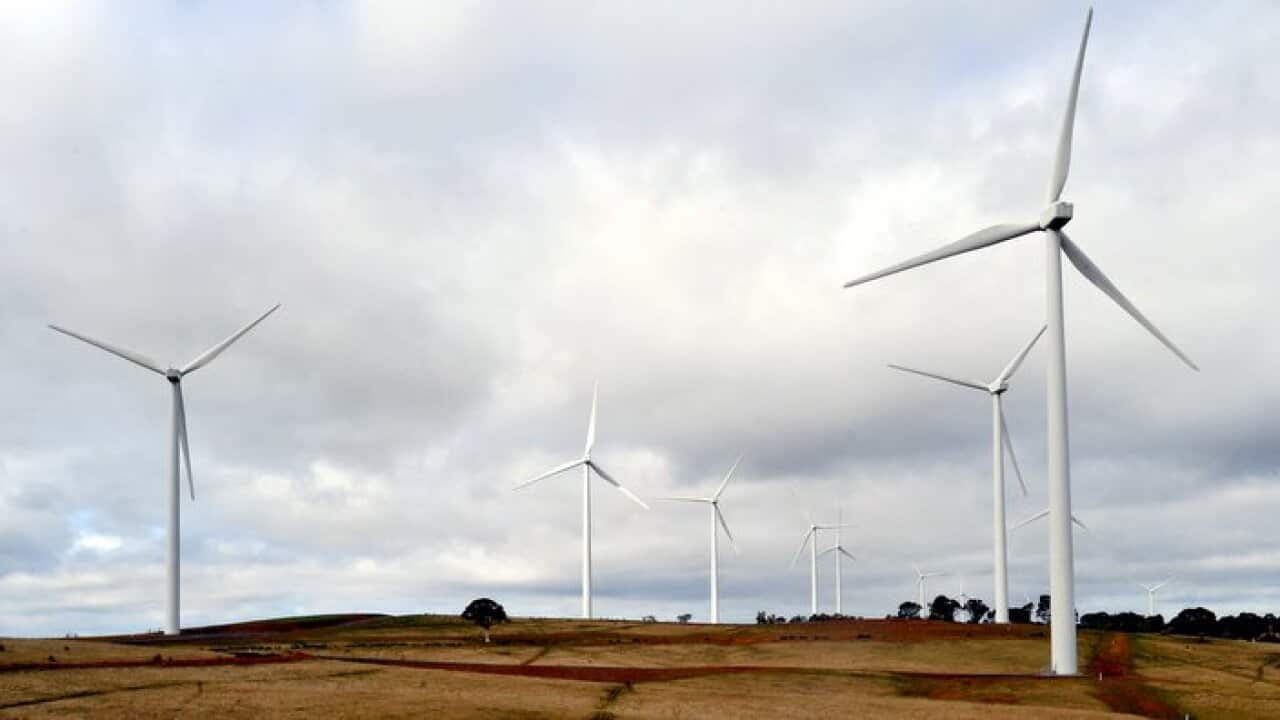In 1854, John Snow, a London surgeon surrounded by thousands of people dying from cholera, ripped off the handle for the Broad Street Pump because his research indicated the water must be contaminated. It was illegal but the epidemic stopped and lives were saved.
Doctors cannot turn off Australia’s coal-fired power stations because there is nothing that can immediately replace them.
But doctors have a responsibility to raise the alarm about the need to turn them off as quickly as possible and to speed up the transition from coal to clean energy in order to save lives.
The news that the Australian Renewable Energy Agency will be gutted by a funding cut of $500 million, after the Coalition and Labor made a compromise deal on the government’s omnibus budget repair package, shows neither party is listening to the concerns of health professionals about the costs of Australia’s coal habit.
The Coalition, as expected, at best doesn’t understand the gravity of the need to transition to renewable energy, or at worst is being destructive, in line with the view of the new head of the Coalition’s environment and energy committee who has attacked subsidies for solar energy.
Labor’s position is also disappointing. It too either doesn’t understand the urgency of a transition or is giving in to political expediency given that renewables are the main plank of its policy.
ARENA is one of the most important mechanisms to aid Australia’s transition from fossil fuels and should be protected.
The mining, transport, and combustion of coal are contributors to air pollution which causes 3000 deaths a year in Australia from cardio respiratory diseases. This death toll is greater than that from road accidents.
Thousands suffer from illness due to the pollution afflicting our cities, ranging from asthma in children to obstructive airways disease in adults.
As doctors, it distresses us to see such suffering in our patients, even more so because the causes are preventable. It distresses us to see the re-emergence of Black Lung disease in young men in their quest to serve an industry that has to be replaced.
Findings indicate at best that coal-fired power generation has no economic value to the community. At worst the industry is a huge economic burden.
William Nordhaus, one of the most respected economists in the US, did a study of full cost accounting of the coal industry in the USA which was published in 2011 in the American Economic Review, the leading economics publication.
Coal-fired power generation was found to produce damages from 0.8 to 5.6 times its value added. In other words, the damage caused is worth at best 80 per cent of the net value of the industry and at worst 5.6 times greater.
The costs that make the industry an economic burden in the US are health costs. Those studies carried out in Australia show a similar picture.
Fossil fuels are also the main drivers of climate change, which is already causing multiple health consequences, including deaths from heat stroke, dehydration, bushfires, floods, typhoons, storm surges, vector borne diseases, cardio-pulmonary diseases and allergies. All of these problems will worsen if we fail to curb global warming.
Australia cannot continue to ignore the overwhelming expert evidence that fossil fuels must be rapidly phased out in the early part of this century - especially when we have abundant solar, wind and wave resources as alternatives.
The relatively modest ARENA grants allocated so far have attracted $1.2 billion in outside funding with 60 projects completed and another 200 under management, now under threat. In contrast, fossil fuel projects receive an estimated $5.6 billion in subsidies every year, despite an urgent need to transition to a clean energy future.
Australia is a leader in photo-voltaics and other energy technologies but without ARENA’s backing many projects will not see the light of day.
This is not only a bad outcome for health - every roll-out of renewable energy represents lives saved and health costs reduced - it is also at odds with the government’s claims to be innovative and support jobs and growth.
The savings to the health system from a transition to clean energy justify ARENA’s ongoing funding and we do not understand the logic behind a budget saving which will result in increased health costs.
Support for ARENA as a public health measure is like pharmaceutical benefits for statins to prevent heart disease.
But while we know precautionary public health measures far outweigh the burden of disease, as well as the costs to the health sector, sadly the cuts to ARENA suggest our leaders are too busy to study the facts.
Dr David Shearman AM is Hon Secretary of Doctors for the Environment Australia.

